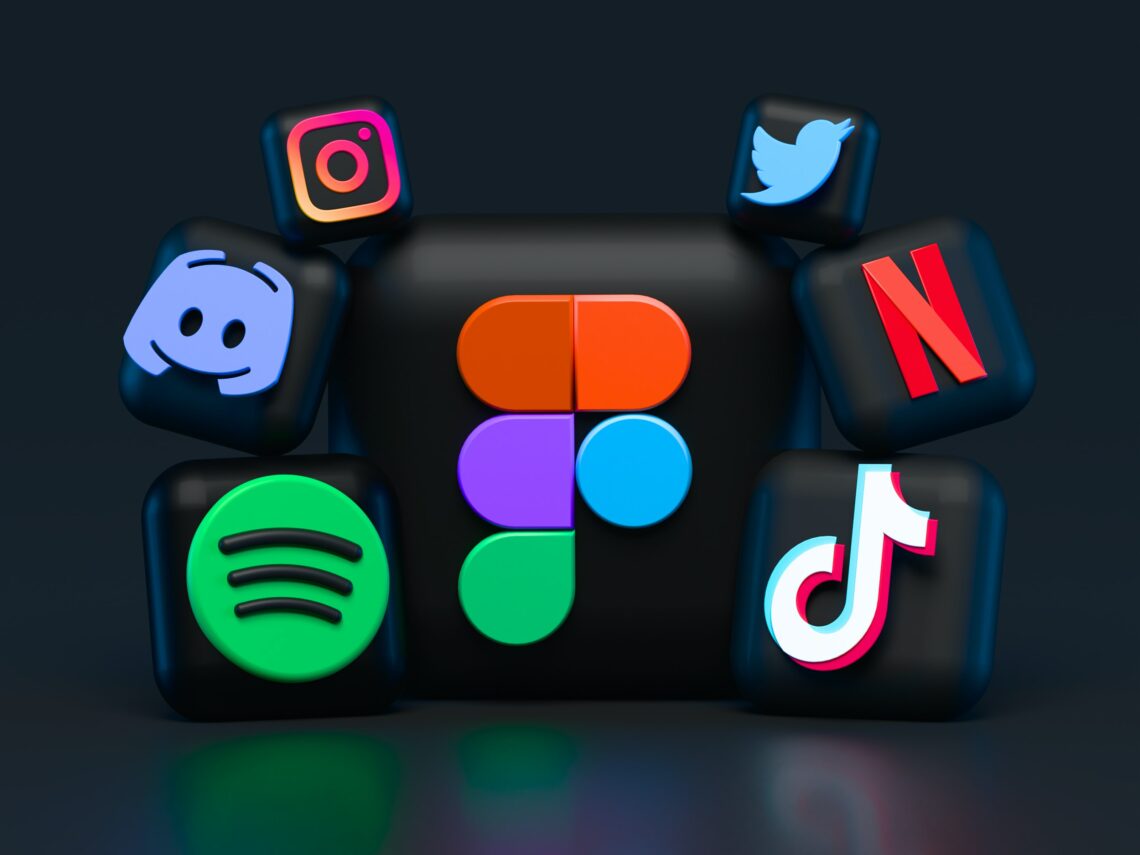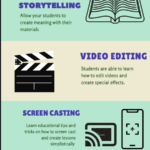Living in the 21st century gives individuals a lot of advantages with the amount of information and content we are consistently presented with. As the consumption and curation of information and media, continues to grow, we need to be aware of the value/truthfulness of what we read and what is presented to us. This becomes a problem when people do not fact-check or research their information.
Julia Smith’s interview discusses the idea of confirmation bias, which is essentially when a person will tend to agree to information when it aligns with their beliefs while avoiding facts or opinions that disagree with their opinions (Smith, ). Therefore, a problem occurs in social media when individuals are constantly innodated with information. Smith advocates for the idea of media literacy, which is to constantly question the incoming content we read and or are presented with (Smith,). Thus, we are able to decipher truthful and valid information from the false clickbait content that is not reliable.
In my opinion, to curate social media with a critical public audience, we as a society need to consistently research and validate the information we share or repost. We then are able to determine fake news that is consistently spread through social media and online news channels (Hirst, 2019). Instagram, Facebook, and TikTok are all social media platforms that have an algorithm to provide individuals with the content they are interested in. This tends to inflate confirmation bias and causes validation of their false information. Confirmation bias shows that people tend to reshare or post posts/articles that are based more on personal opinion/beliefs, rather than on facts. It is important to be conscious of the information we post and repost in today’s society, due to the extreme exposure of one’s digital identity and professional accountability that is at risk. People should be aware when applying for jobs that their digital identity is public and can cause a damaging reputation, thus, we need to be aware of the validity of the information we post and share to ensure a professional profile for potential employers. Personally, I tend to not post on political or current issues that I haven’t 100% researched because of the apparent ‘cancel culture’ that happens on social media. This is where people (usually celebrities) are exposed based on their disrespectful posts or invalid content. This concerns me as my future profession requires me to have a clean and professional digital identity/PLN. The risk of reposting an article I find to be interesting, that ends up being invalid or problematic, causes me anxiety. However, as I stated above if I decide to share my opinion or an article, I ensure that my posts are fact-checked and valid.
Overall, this week’s topic is very important as the information we share is becoming more unscientific, which is damaging to society’s beliefs when it comes to important issues as well as general education. I believe that research and keeping an open mind is the way to build stronger opinions and more valuable/factual information.
References:
Hirst, Martin. (2019). Navigating social journalism: a handbook for media literacy and citizen journalism. Routledge.
Smith, Julie. (2021). EDCI 338 – MEDIA LITERACY with JULIE SMITH. Youtube, https://www.youtube.com/watch?v=57r3-aEnci0



